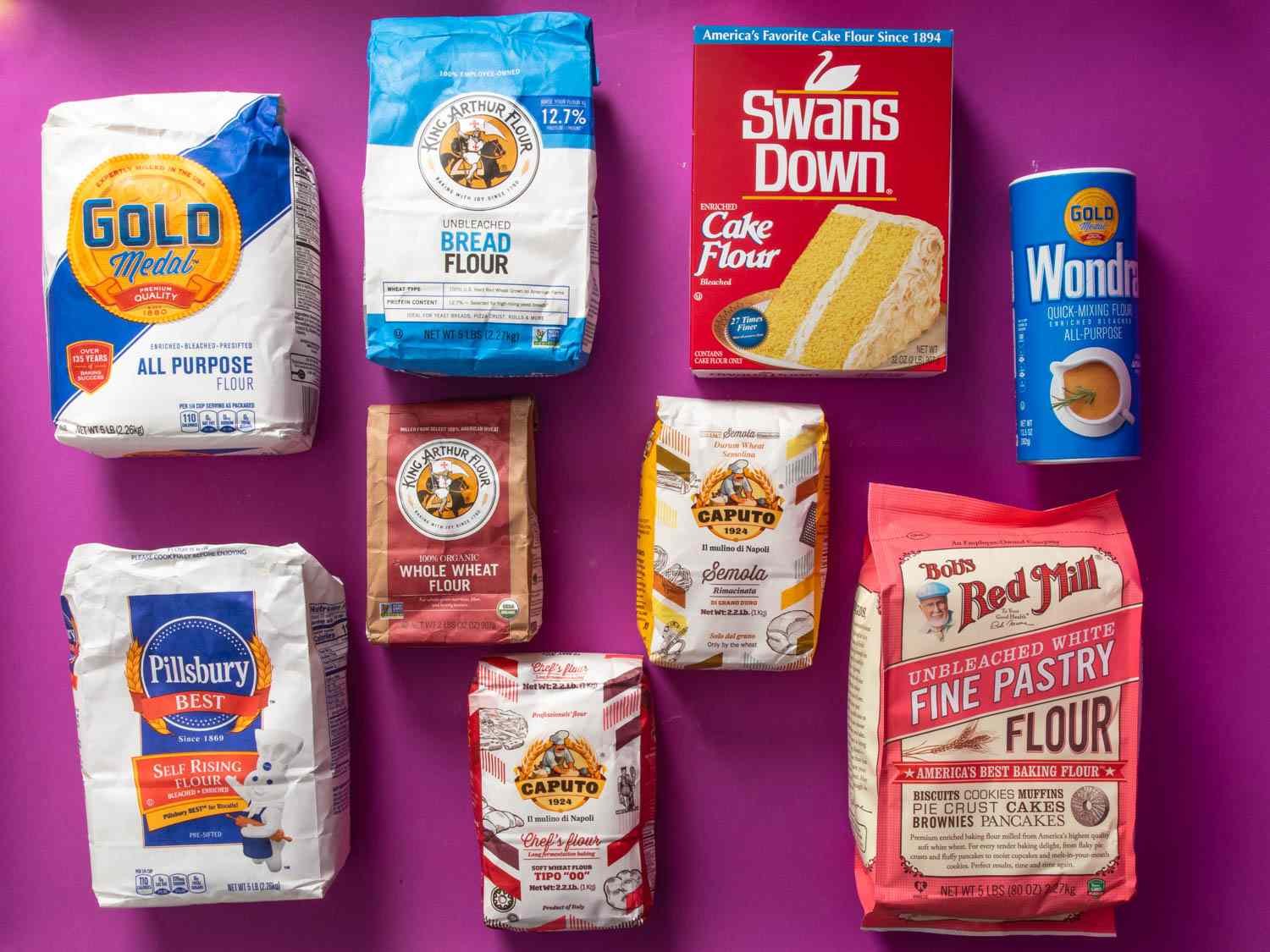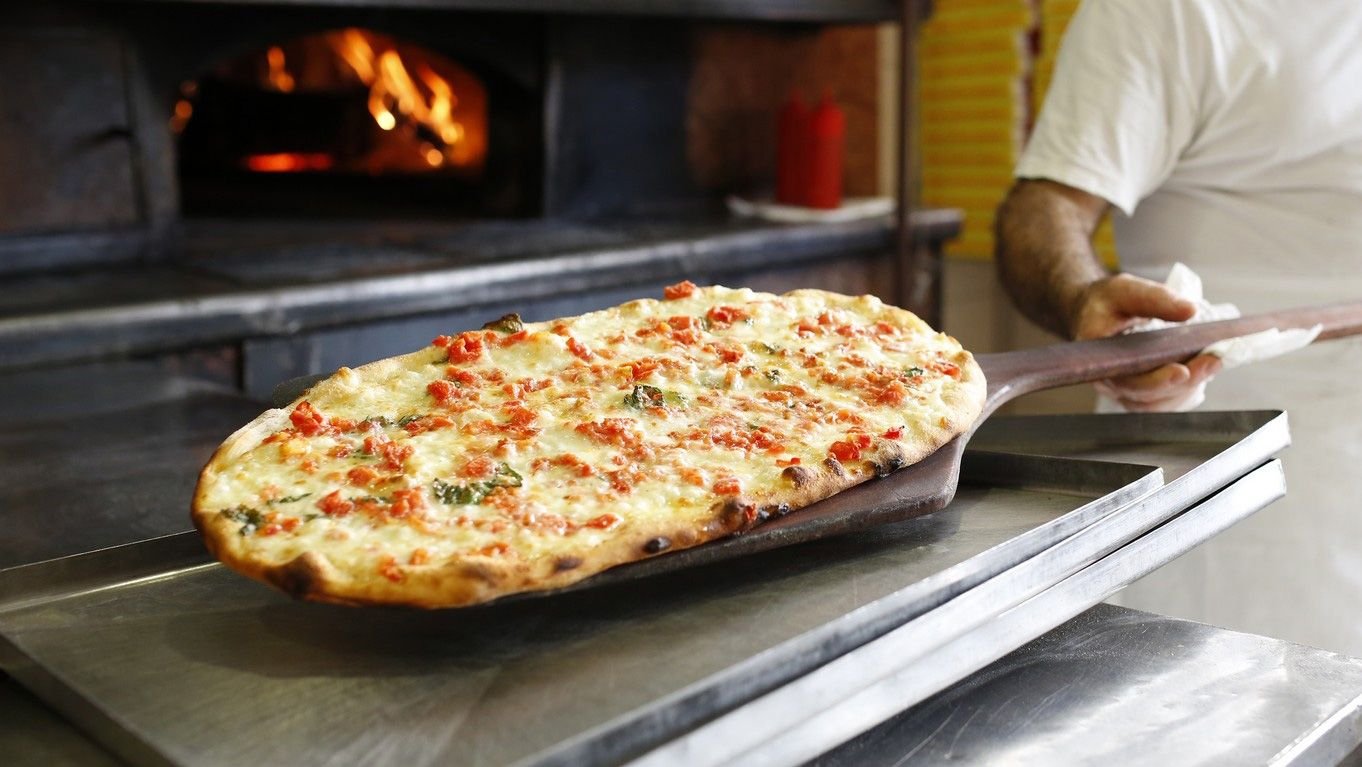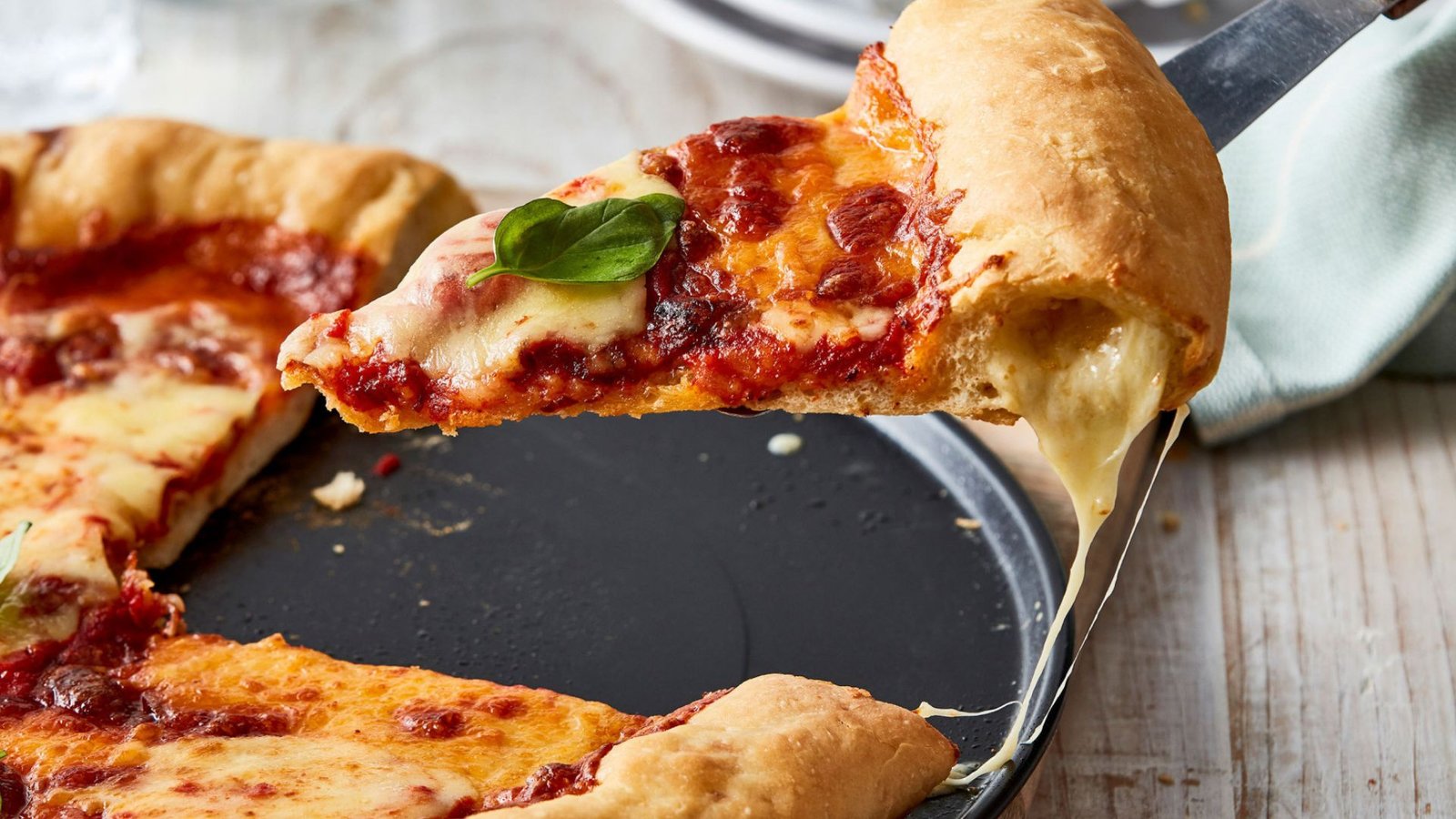Flour, a fundamental ingredient in many culinary traditions, varies widely in type and quality, impacting the texture, flavor, and overall success of the dishes it is used in. Among the numerous types of flour, “00” flour holds a special place in Italian cuisine, particularly in the making of pizza and pasta. This article explores the importance of 00 flour, its characteristics, and why it is favored by chefs and home cooks alike.

What is 00 Flour?
Classification and Milling Process
In Italy, flours are classified based on their grind size, with “00” flour being the finest. The term “00” refers to the degree of milling, indicating that the flour is very finely ground, almost like talcum powder. This ultra-fine grind is achieved through a meticulous milling process that removes much of the bran and germ from the wheat, resulting in a soft, white flour.
Protein Content
00 flour typically has a lower protein content compared to other flours, usually ranging between 8% and 12%. This lower protein content means less gluten formation, leading to a more tender and elastic dough. However, the exact protein content can vary depending on the specific brand and type of wheat used.
Characteristics of 00 Flour
Texture and Consistency
The most notable characteristic of 00 flour is its silky, powdery texture. This fine consistency allows for smoother doughs that are easy to work with, making it ideal for tasks that require precision and delicacy, such as rolling out thin pizza crusts or creating tender pasta.
Absorption and Hydration
00 flour has excellent absorption properties, meaning it can take in a significant amount of water without becoming overly sticky. This quality is crucial for achieving the perfect dough consistency, whether you’re making pizza, pasta, or bread. The high hydration capacity also contributes to the development of a light and airy texture in the finished product.
Versatility
While 00 flour is often associated with pizza and pasta, it is also versatile enough to be used in a variety of other baked goods, including pastries and cakes. Its fine texture ensures a delicate crumb and smooth finish, making it a favorite among bakers for producing high-quality desserts and bread.
Importance of 00 Flour in Italian Cuisine
Pizza Dough
In the realm of pizza-making, 00 flour is the gold standard, particularly for Neapolitan pizza. The fine grind and lower protein content create a dough that is elastic yet strong enough to hold up to high temperatures. This results in a pizza crust that is crispy on the outside, yet soft and chewy on the inside, with the characteristic leopard spotting achieved in wood-fired ovens.
- Elasticity: The dough made with 00 flour is easy to stretch and shape, allowing for the creation of thin, uniform crusts.
- Crispness: The fine grind ensures a crispy exterior, while the high hydration level maintains a soft, airy interior.
Pasta Making
When it comes to pasta, 00 flour is prized for its ability to produce smooth, tender dough that is easy to roll out and shape. The fine texture allows the dough to be rolled extremely thin, essential for delicate pasta shapes like tagliatelle, fettuccine, and ravioli.
- Tenderness: The lower gluten content results in a tender pasta that cooks evenly and maintains a pleasing texture.
- Workability: The dough is pliable and less likely to tear, making it ideal for intricate pasta shapes and stuffed pastas.
Bread and Pastries
00 flour is also a popular choice for making various types of bread and pastries. Its fine texture contributes to a light, airy crumb in bread and a tender, flaky texture in pastries.
- Lightness: The fine grind allows for a lighter crumb structure in bread, perfect for ciabatta and other Italian loaves.
- Flakiness: In pastries, 00 flour helps achieve a delicate, flaky texture, essential for items like croissants and puff pastry.
Conclusion
In conclusion, 00 flour is an essential ingredient in Italian cuisine, renowned for its fine texture, versatility, and ability to produce superior doughs for pizza, pasta, and more. Its unique characteristics, such as low protein content and high absorption capacity, make it the preferred choice for achieving the desired texture and consistency in various dishes. Whether you’re a professional chef or a home cook, using 00 flour can elevate your Italian cooking, ensuring that your pizzas are perfectly crispy, your pastas are tender and smooth, and your baked goods are light and airy. Embracing 00 flour is a step towards mastering the art of Italian cuisine and appreciating the subtle nuances that make these dishes truly exceptional.











